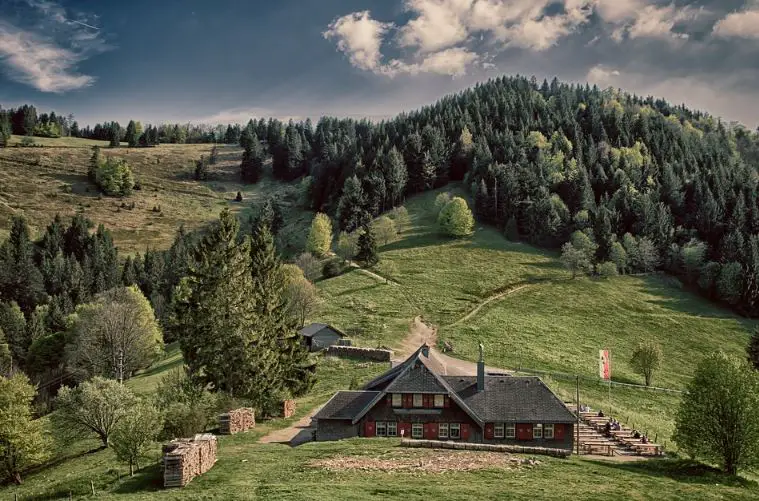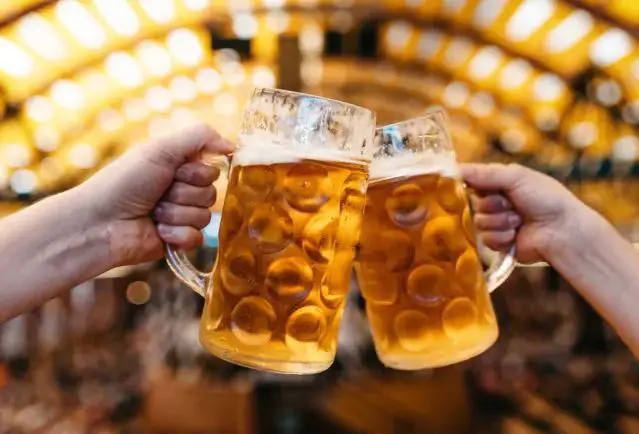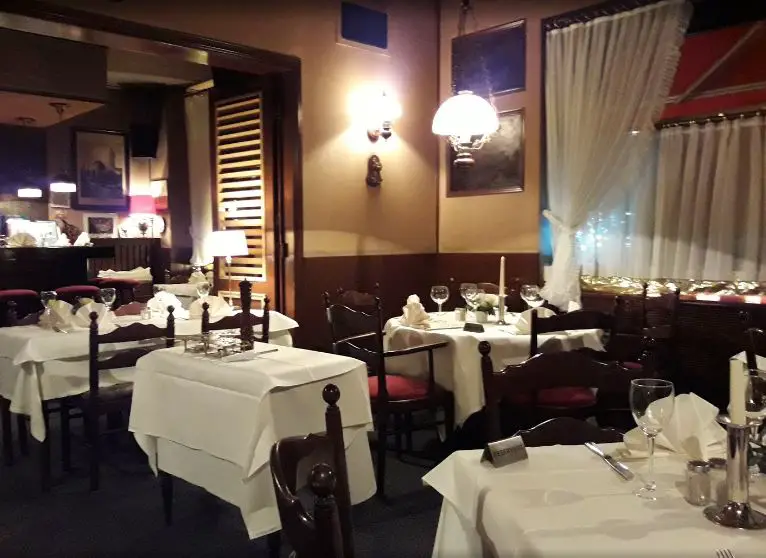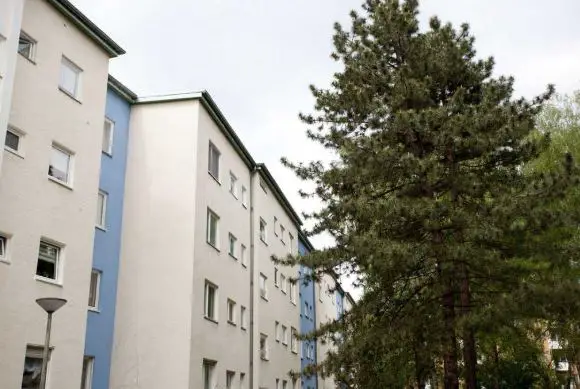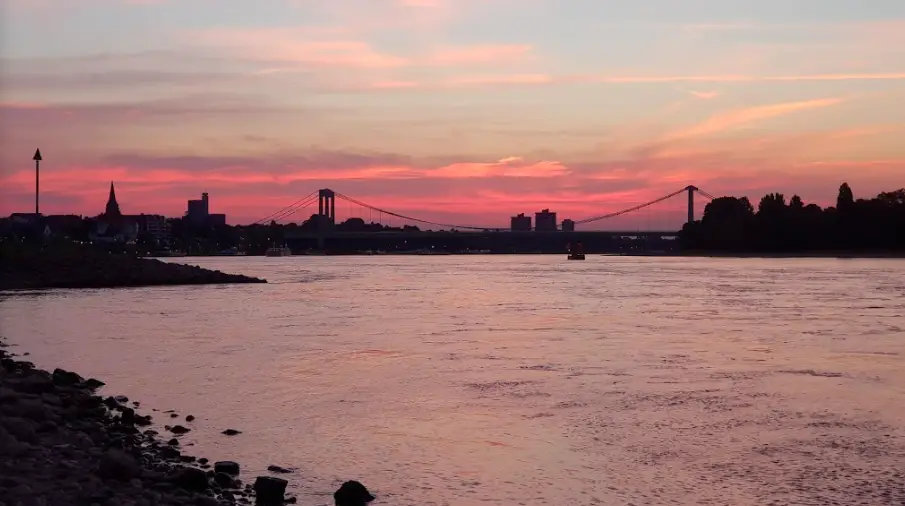Can you recommend historic sites in Munich?
Post ByAdequate Travel
Summary
If you're looking to get in touch with the city's history, a trip to Munich's historic sites is a must. Here's a look at some of the city's most remarkable and iconic attractions.
Keep in mind that travel guidelines and travel rules may change anytime, so regularly check for updates to ensure a hassle-free and memorable travel experience.
Sure! Munich, the capital city of Bavaria in southern Germany, is known for its rich history and vibrant culture. Here are some recommended historic sites in Munich with a brief explanation for each:1. Marienplatz:Located in the heart of Munich, Marienplatz is the city's central square and dates back to the 12th century. The main attraction is the New Town Hall (Neues Rathaus) with its famous Glockenspiel, a musical clock that performs a colorful display of figurines and chimes. Surrounding the square, you'll find beautiful historic buildings, cafes, shops, and lively street performances.2. Nymphenburg Palace:This magnificent palace was the summer residence of the Bavarian rulers and is located just outside the city center. Built in the 17th century, Nymphenburg Palace features stunning baroque architecture, extensive gardens, and several museums. The Marstallmuseum showcases the royal carriages, while the porcelain museum presents an exquisite collection of fine ceramics.3. Munich Residenz:Once the royal palace of the Bavarian monarchs, the Munich Residenz is a vast complex situated in the city center. It encompasses over 130 rooms, including the opulent Antiquarium, the largest Renaissance hall in northern Europe. Visitors can explore various wings such as the Treasury (Schatzkammer) with its precious royal artifacts and the Cuvilliés Theatre, a stunning rococo theater.4. Dachau Concentration Camp Memorial Site:While not a typical historic site, the Dachau Concentration Camp Memorial is an essential visit for those interested in World War II history. Just outside of Munich, this former Nazi concentration camp stands as a memorial to remember the victims and educate visitors about the Holocaust. The site includes the preserved camp barracks, exhibitions, and memorials.5. Frauenkirche:The Frauenkirche, or Church of Our Lady, is Munich's iconic symbol. Built in the late 15th century, this twin-towered Gothic cathedral is one of the city's largest churches. You can climb to the top of the southern tower to enjoy panoramic views of Munich. Inside, you'll find remarkable stained glass windows, intricate stone carvings, and the tomb of Emperor Ludwig the Bavarian.6. Viktualienmarkt:Originally a farmers market established in the early 19th century, the Viktualienmarkt has evolved into a vibrant culinary hub in Munich. Alongside the fresh produce, you'll find small shops, beer gardens, traditional Bavarian food stalls, and even a maypole in the center. The market is an excellent place to experience local flavors and soak up the lively atmosphere.These are just a few examples of the many historic sites Munich has to offer. Exploring these landmarks will provide a deep insight into the city's past and its significance in German history.
Sure! Munich, the capital city of Bavaria in southern Germany, is known for its rich history and vibrant culture. Here are some recommended historic sites in Munich with a brief explanation for each:1. Marienplatz:Located in the heart of Munich, Marienplatz is the city's central square and dates back to the 12th century. The main attraction is the New Town Hall (Neues Rathaus) with its famous Glockenspiel, a musical clock that performs a colorful display of figurines and chimes. Surrounding the square, you'll find beautiful historic buildings, cafes, shops, and lively street performances.2. Nymphenburg Palace:This magnificent palace was the summer residence of the Bavarian rulers and is located just outside the city center. Built in the 17th century, Nymphenburg Palace features stunning baroque architecture, extensive gardens, and several museums. The Marstallmuseum showcases the royal carriages, while the porcelain museum presents an exquisite collection of fine ceramics.3. Munich Residenz:Once the royal palace of the Bavarian monarchs, the Munich Residenz is a vast complex situated in the city center. It encompasses over 130 rooms, including the opulent Antiquarium, the largest Renaissance hall in northern Europe. Visitors can explore various wings such as the Treasury (Schatzkammer) with its precious royal artifacts and the Cuvilliés Theatre, a stunning rococo theater.4. Dachau Concentration Camp Memorial Site:While not a typical historic site, the Dachau Concentration Camp Memorial is an essential visit for those interested in World War II history. Just outside of Munich, this former Nazi concentration camp stands as a memorial to remember the victims and educate visitors about the Holocaust. The site includes the preserved camp barracks, exhibitions, and memorials.5. Frauenkirche:The Frauenkirche, or Church of Our Lady, is Munich's iconic symbol. Built in the late 15th century, this twin-towered Gothic cathedral is one of the city's largest churches. You can climb to the top of the southern tower to enjoy panoramic views of Munich. Inside, you'll find remarkable stained glass windows, intricate stone carvings, and the tomb of Emperor Ludwig the Bavarian.6. Viktualienmarkt:Originally a farmers market established in the early 19th century, the Viktualienmarkt has evolved into a vibrant culinary hub in Munich. Alongside the fresh produce, you'll find small shops, beer gardens, traditional Bavarian food stalls, and even a maypole in the center. The market is an excellent place to experience local flavors and soak up the lively atmosphere.These are just a few examples of the many historic sites Munich has to offer. Exploring these landmarks will provide a deep insight into the city's past and its significance in German history.
Suggested Questions
- Burg Rheinstein, Trechtingshausen: Horror Story, History & Paranomial Activities
- Hotel zum Ritter St. Georg, Heidelberg: Horror Story, History & Paranomial Activities
- Kloster Andechs, Andechs: Horror Story, History & Paranomial Activities
- Schloss Neuschwanstein, Schwangau: Horror Story, History & Paranomial Activities
- Zitadelle Spandau, Berlin: Horror Story, History & Paranomial Activities
- Spreepark, Berlin: Horror Story, History & Paranomial Activities


